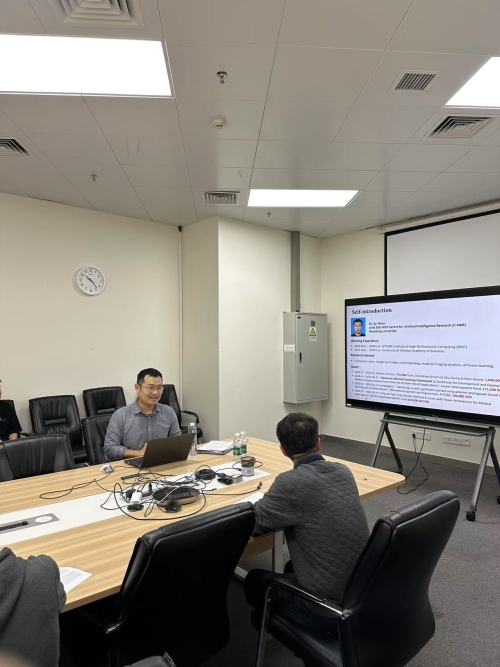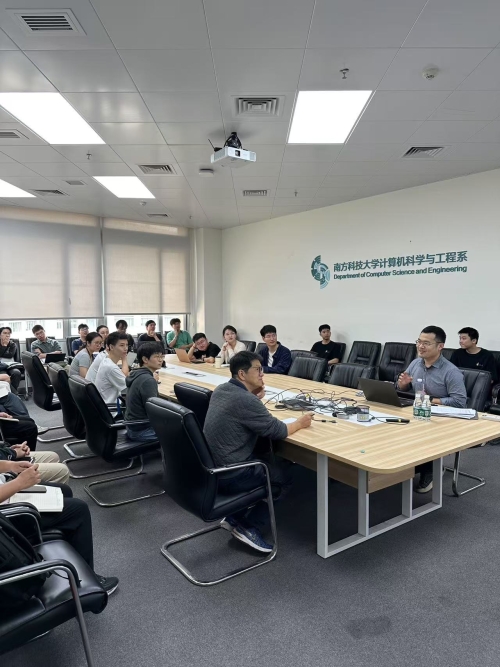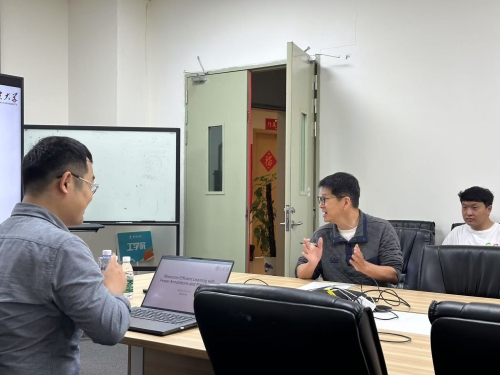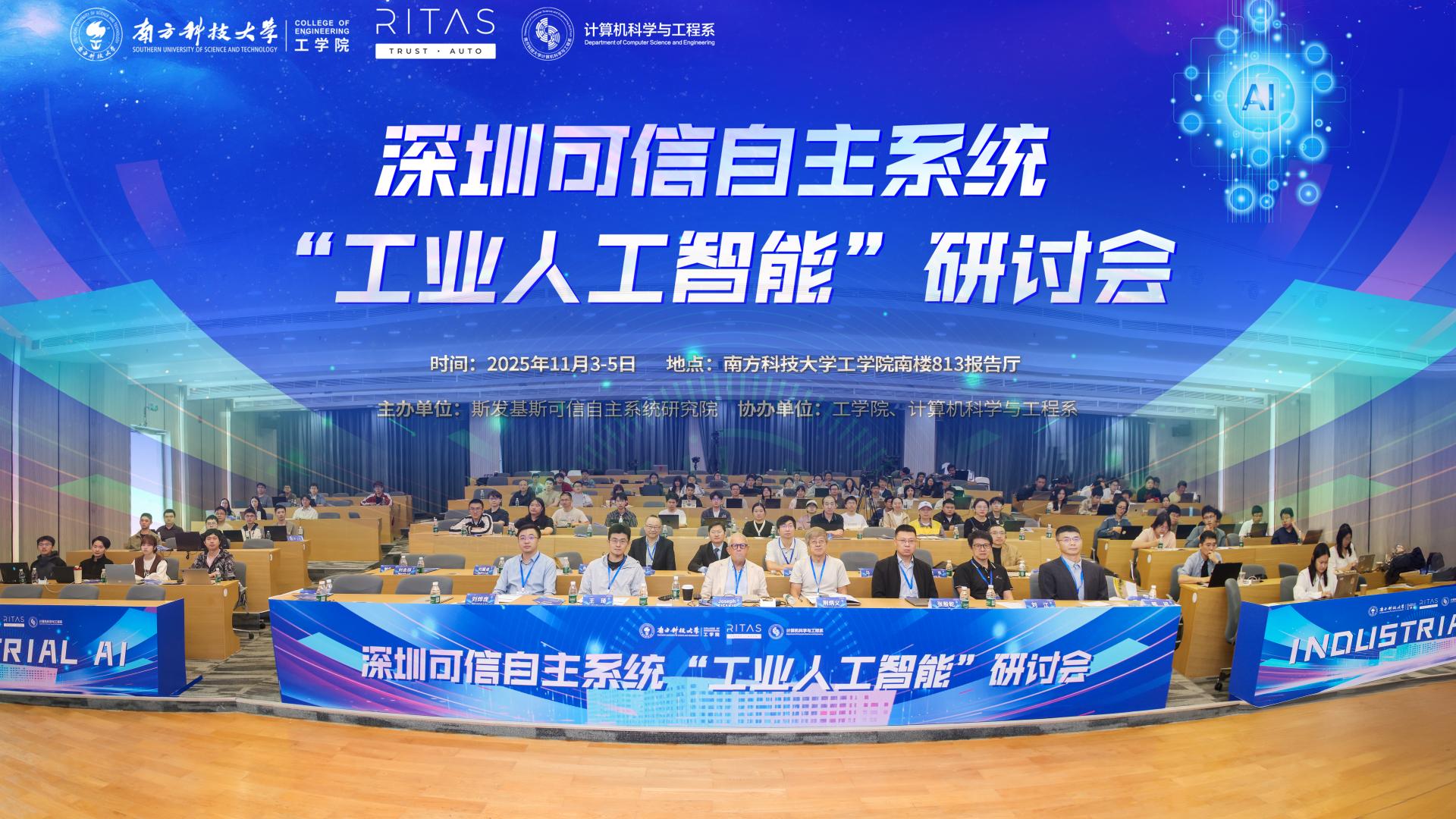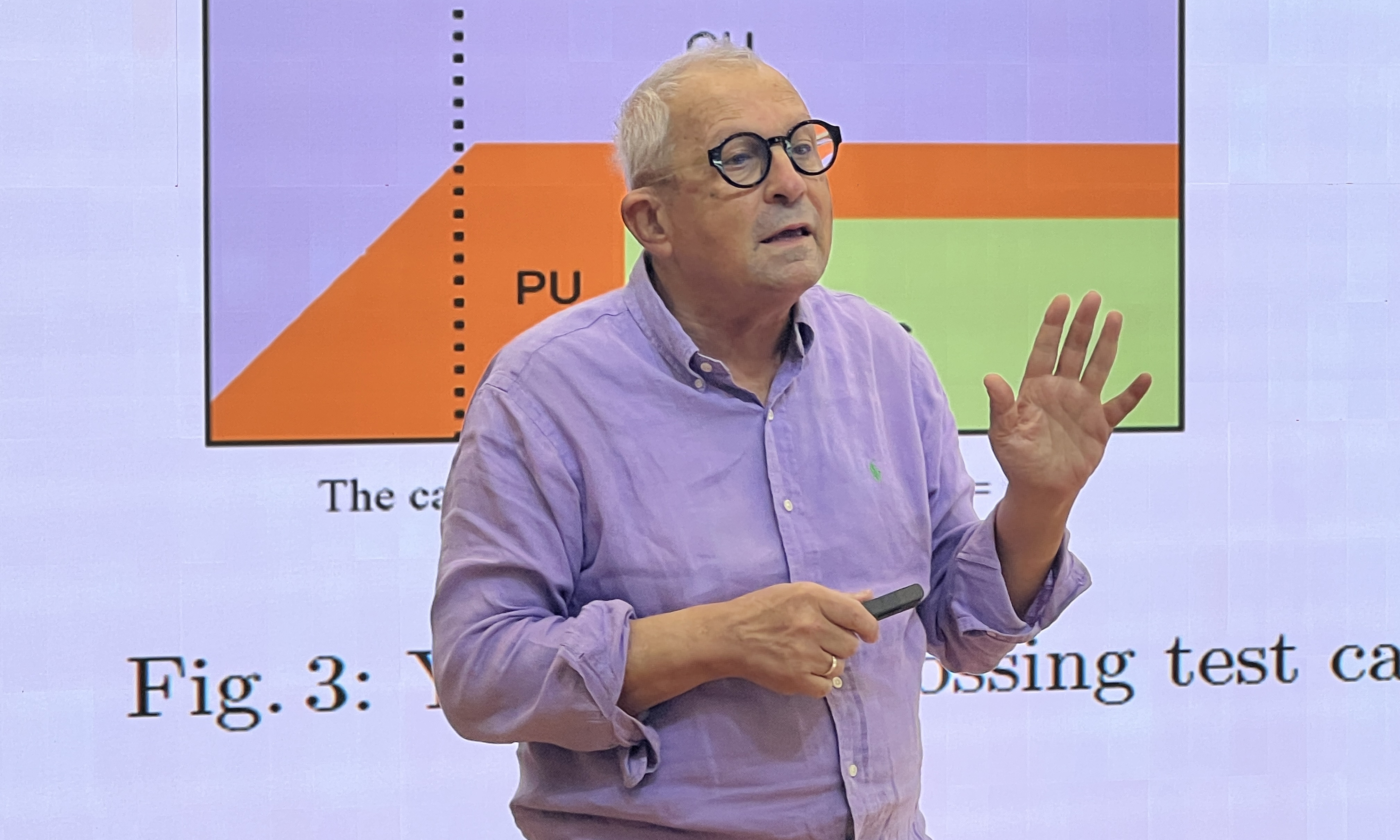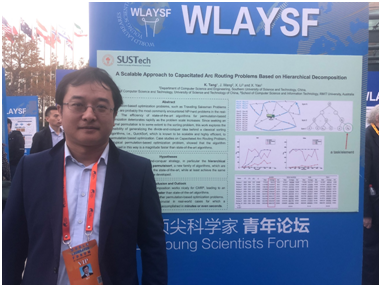On March 14, 2025, the Research Institute for Trustworthy Autonomous Systems at the Southern University of Science and Technology (SUSTech) hosted a compelling academic lecture titled "Resource-Efficient Learning Based on Few Training Labels and Few Training Parameters." The presentation, delivered by Dr. Xu Yanyu, a prominent researcher from Shandong University, took place in Conference Room 443B of the South Building, College of Engineering. Professor Liu Jiang, Director of the Intelligent Medical Centre at the Research Institute, chaired the event, which was attended by members of the iMED team.
During his comprehensive presentation, Dr. Xu elaborated on his groundbreaking achievements in image and video representation learning, resource-efficient learning methodologies, and medical foundation models. He specifically addressed innovative approaches to enhance model performance through efficient learning techniques when facing limited annotation resources. Dr. Xu emphasized that as medical imaging data continues to expand exponentially, traditional annotation and training methodologies face significant cost constraints. His proposed strategies, however, demonstrate the ability to achieve high-precision predictive results while substantially reducing annotation and computational resource requirements.
Dr. Xu also outlined promising future research directions, highlighting the potential of Model Merging and Resource Efficient Learning. He suggested that expanding a single model's task domain and optimizing training efficiency through advanced model merging techniques could significantly enhance model generalizability and accuracy. Furthermore, he underscored the critical importance of exploring novel approaches that maintain or improve model performance while minimizing annotation demands.
Professor Liu Jiang commended Dr. Xu's presentation and expressed enthusiasm for fostering deeper collaborative research initiatives between their respective teams. The lecture was followed by a dynamic discussion session, during which participants acknowledged the valuable insights and reference frameworks provided for future research endeavors.
This academic exchange not only offered an exceptional learning platform for attending researchers and students but also strengthened the scholarly collaboration between the iMED team and Dr. Xu's research group.


